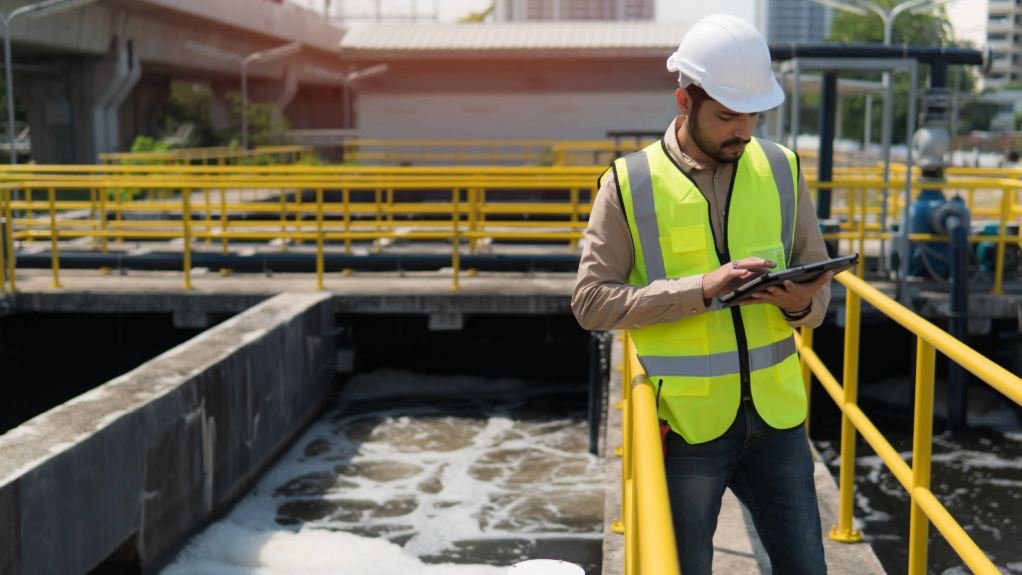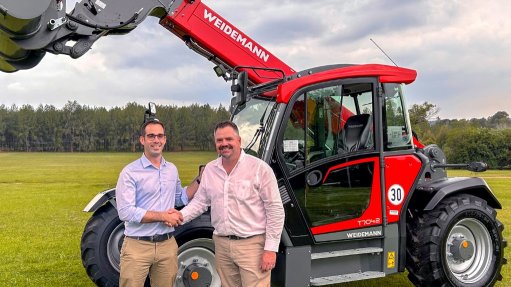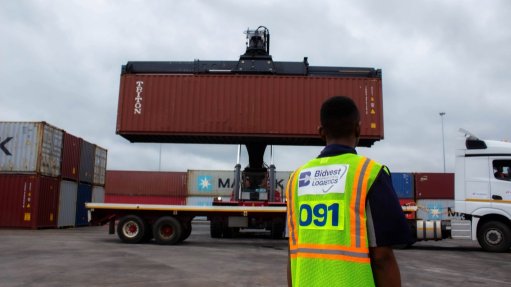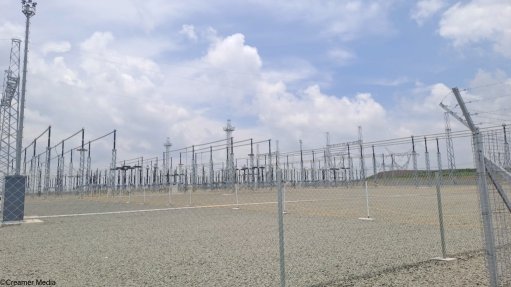NGO unpacks poor quality of S Africa’s wastewater systems


FAILING INFRASTRUCTURE AfriForum’s latest blue and green drop report notes that 81% of sewage wastewater treatment works fail to meet minimum standards, endangers water sources nationwide
Photo by Adobe Stock
Nongovernmental organisation (NGO) AfriForum’s latest blue and green drop report notes that 81% of sewage wastewater treatment works (SWWTWs) fail to meet minimum standards, which the NGO says endangers water sources nationwide, including those that supply drinking water to communities.
This dire situation, the NGO laments, further exacerbates the country’s severe water crisis, particularly concerning the treatment of sewage and wastewater.
It explains that the extent of sewage pollution that occurs across South Africa can be attributed to a lack of efficient infrastructure maintenance and management.
A problem that is increasingly occurring, especially in Gauteng’s metropolises, is that existing SWWTWs do not have sufficient capacity to treat increasing volumes of sewage and, as a result, more and more sewage is discharged into rivers without treatment, AfriForum environmental affairs manager Lambert de Klerk and environmental affairs adviser Marais de Vaal note.
AfriForum’s 2023 report highlights the dire state of water management in South Africa, revealing that out of 140 SWWTWs assessed, only 19% complied with the required standards.
This results in the majority of sewage water being dumped into rivers without adequate treatment, posing a significant threat to public health and safety.
The report was compiled from water quality samples collected by AfriForum’s network of 161 branches, focusing on municipal drinking water (Blue Drop) and processed sewage water (Green Drop) outflows from local SWWTWs during August.
AfriForum has been producing these independent reports yearly since 2013, aiming to provide reliable information on the quality of South Africa’s drinking and sewage water.
“This initiative sought to compensate for the near-decade gap in official reporting by the Department of Water and Sanitation (DWS), although the DWS resumed its national Blue and Green Drop project in 2022,” De Klerk and De Vaal note.
They explain that the water tests analyse the presence of chemical and bacteriological components, including harmful bacteria such as E.coli and faecal coliforms, which can cause severe illnesses.
The findings of this year’s tests underscore the critical state of water supply chain management in South Africa, with significant implications for public health and the economy, De Klerk and De Vaal note, stressing the “vicious cycle caused by the mismanagement of SWWTWs, affecting the quality and cost of drinking water”.
They warn that without urgent action, the situation could lead to life-threatening outbreaks, citing the cholera outbreak last year, as an example.
The report further details standardised tests for chemical and microbiological components in water samples, emphasising the frequent detection of E.coli and faecal coliform bacteria, especially in improperly treated sewage discharges.
This contamination of water sources is particularly problematic in rural areas, where municipalities face significant budgetary constraints, AfriForum notes.
The Ngwathe local municipality in the Free State, for instance, has experienced periods without water, and when water is available, it has been contaminated with harmful bacteria.
Despite some of these challenges, the 2023 blue and green drop results from AfriForum show a mostly safe status for municipal drinking water, with 96% of tests meeting standards.
However, the sewage treatment findings remain alarming, with no significant improvement over the past two years, De Klerk and De Vaal stress, emphasising that with only 19% of treated sewage samples meeting the relevant standards, the extensive pollution and the challenges of managing increasing sewage volumes in metro areas poses a challenge.
The DWS has issued directives to noncompliant municipalities, requiring action plans to address the shortcomings, though AfriForum refers to the municipalities’ “limited insight” into rectification and therefore how effective these directives can be.
The comprehensive Blue Drop results from the DWS for 2023 reveal that a portion of South Africa’s drinking water fails to meet safety standards, both microbiologically and chemically.
Moreover, AfriForum laments that most municipalities do not inform water users about compromised water quality, diminishing public confidence in tap water safety.
AfriForum therefore advocates for collaborative efforts between the State and local communities to improve water management, emphasising the need for skilled and competent community members to participate in water services delivery.
While De Klerk and De Vaal note that there is no single strategy or technology advocated by AfriForum to improve water management is South Africa, “the single greatest problem affecting water management in South Africa is the current failure of local government structures, their financial constraints and lack of skilled employees”.
Therefore, AfriForum advocates for the use of joint ventures and similar mechanisms to enhance cooperation between the State and members from local communities.
“Not only should competent local community members be empowered to assist in water services delivery, but because local community members are personally invested in the successful provision of water services, significant improvements in the effectiveness of water services delivery can be made,” they tell Engineering News.
AfriForum has also reached out to the national government, urging actions to maintain, upgrade, and manage water infrastructure effectively and hold non-performing municipal officials accountable.
“This approach aims to ensure safe and reliable water services for all South Africans, highlighting the urgent need for systemic changes in water management practices to avert further crises,” De Klerk and De Vaal conclude.
Article Enquiry
Email Article
Save Article
Feedback
To advertise email advertising@creamermedia.co.za or click here
Comments
Press Office
Announcements
What's On
Subscribe to improve your user experience...
Option 1 (equivalent of R125 a month):
Receive a weekly copy of Creamer Media's Engineering News & Mining Weekly magazine
(print copy for those in South Africa and e-magazine for those outside of South Africa)
Receive daily email newsletters
Access to full search results
Access archive of magazine back copies
Access to Projects in Progress
Access to ONE Research Report of your choice in PDF format
Option 2 (equivalent of R375 a month):
All benefits from Option 1
PLUS
Access to Creamer Media's Research Channel Africa for ALL Research Reports, in PDF format, on various industrial and mining sectors
including Electricity; Water; Energy Transition; Hydrogen; Roads, Rail and Ports; Coal; Gold; Platinum; Battery Metals; etc.
Already a subscriber?
Forgotten your password?
Receive weekly copy of Creamer Media's Engineering News & Mining Weekly magazine (print copy for those in South Africa and e-magazine for those outside of South Africa)
➕
Recieve daily email newsletters
➕
Access to full search results
➕
Access archive of magazine back copies
➕
Access to Projects in Progress
➕
Access to ONE Research Report of your choice in PDF format
RESEARCH CHANNEL AFRICA
R4500 (equivalent of R375 a month)
SUBSCRIBEAll benefits from Option 1
➕
Access to Creamer Media's Research Channel Africa for ALL Research Reports on various industrial and mining sectors, in PDF format, including on:
Electricity
➕
Water
➕
Energy Transition
➕
Hydrogen
➕
Roads, Rail and Ports
➕
Coal
➕
Gold
➕
Platinum
➕
Battery Metals
➕
etc.
Receive all benefits from Option 1 or Option 2 delivered to numerous people at your company
➕
Multiple User names and Passwords for simultaneous log-ins
➕
Intranet integration access to all in your organisation



















